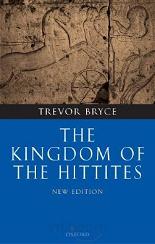From Socialist Worker’s rolling update on the anti-EDL protests:
1.10pm: From Bolton, Victoria Square
Police have broken up an entirely peaceful UAF rally in the square and seized organiser Weyman Bennett. Trade unionists are trying to speak but have been stopped.
12.55pm: From Bolton, Victoria Square
Police are preventing hundreds of anti-fascist protesters from entering Victoria Square. Those inside are chanting “Let them in”. They have had to link arms to block the police and defend the UAF speakers. Riot police have repeatedly pushed into the crowd.
Weyman Bennett of Unite Against Fascism address the crowd, saying, “Police are rioting and are out of control.
“Anti-racism is not a crime, and it’s about time the police stopped treating it as such.
“I say to the police, if you can turn this number of officers out here today, why could you not stop the EDL running riot through Stoke last month?”
The EDL, the socalled English Defence League is the sort of acceptable side of the BNP, supposedly non-racist but just concerned about the “loss” of Englishness. In practice of course they are a bunch of white racist thugs just using the fact that mainstream politics has made islamophobia largely acceptable. The constant stream of scaremongering news items and editorials about the danger of “Muslim terrorism”, combined with the lack of the same sort of attention for “white terrorism”, has lead to a climate where Paki-bashing has become acceptable again. Everytime the EDL gets to march through a city unopposed helps strenghtened this climate, especially when it’s the police who make it possible by attacking the antifascist, antiracist counterdemonstrations.
The police of course always present that as a neutral problem of keeping public order, with the argument that allowing counterdemonstrations would lead to violence, yet as Weyman Bennett points out, where were the police when the EDL rioted in Stoke, unopposed?

